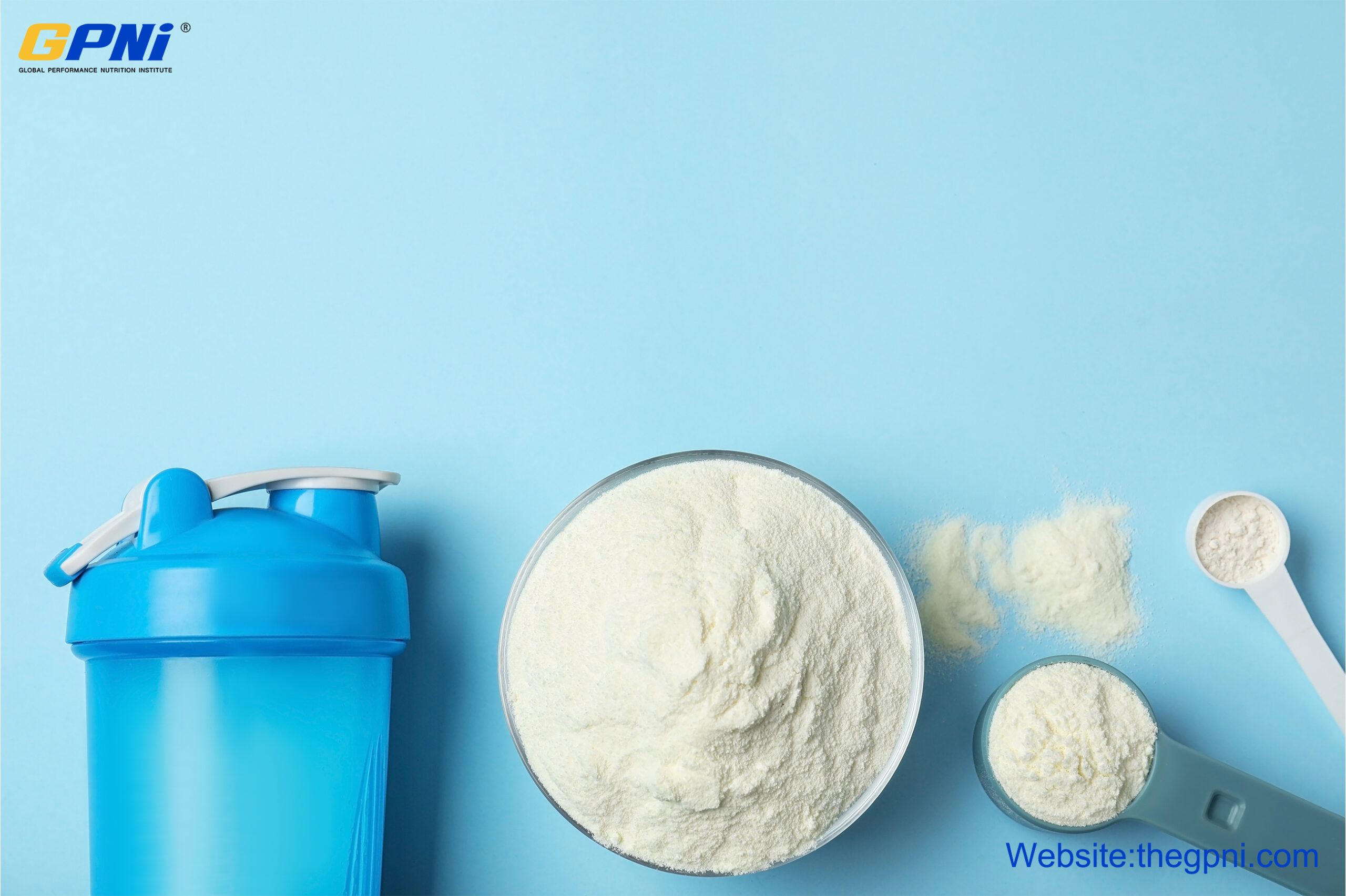For all those fitness and exercise enthusiast getting the most out of each and every workout is important. For those dedicated to a gym routine or a specific gym goal, searching for tips and tricks to maximize each workout is a must. After all who wants to invest all that time and effort you invest for nothing!? But what about the time outside of the gym?? Nutrition and supplementation could be the key you are looking for! There a various fitness goals but today we will focus on maximizing those gains! Here are some key supplements that are an absolute must for those trying to enhance their muscle growth to the fullest.
Protein
Protein is essential and arguably the most important for muscle gains. It is well know for its role in muscle growth and repair. Engaging in strength training leads to microscopic tears in muscle fibers followed by the recovery process. This is where you body repairs and rebuilds muscle fibers making your stronger and bigger (hopefully!). Insufficient protein intake will derail your gain goals. Will any protein due? Yes and no. Animal protein will always be superior in terms of amino acid profile and bioavailability. It is quite possible to consume enough protein while following a plant-based diet. However, consuming all essential aminos acids and the right amounts on a plant-based diet takes some planning! Best way to meet your protein goals is to incorporate proteins into every meal and snack. Aim for a minimum for 2 g/kg of protein a day.

Creatine
Creatine is a non-essential amino acid predominantly stored in our muscles, although smaller amounts are found in the brain. Natural sources of creatine include red meats and fish. Extensive research has been conducted on creatine, particularly due to its capacity to enhance muscle mass. Studies have indicated that supplementing with creatine in the diet can lead to noticeable increases in muscle mass in as little as 4 weeks. For the most rapid results, a loading protocol is often recommended. This involves supplementing with 20–25 grams of creatine per day for 5-7 days to fully saturate the creatine stores. This is often consumed in smaller doses throughout the day. However, a loading phase is not necessary. Research has shown that daily supplementation with 3-5 grams of creatine a day increases muscle mass.
Essential Amino Acids
Essential amino acids refer to the nine amino acids (histidine, isoleucine, leucine, lysine, methionine, phenylalanine, threonine, tryptophan, and valine) that the human body cannot produce on its own and must be obtained through the diet (hence the name essential). These amino acids are crucial for various physiological functions and play a key role in protein synthesis, tissue repair, and overall health. Essential amino acids are vital building blocks for muscle and protein metabolism. In addition to consuming quality protein sources which contain amino acids, supplementation with essential amino acids aid in the promotion of lean body mass growth. Aim for 5-9g of essential amino acids following an exercise session.
There are plenty of other supplements that can help maximize your gains, consider these three an absolute must!

Editorial By Cassie Evans
Cassie Evans is a registered dietitian and a published researcher. She has studied sports nutrition and completed an internship with the University of Miami Sports Nutrition Team and Nova Southeastern University’s sports performance team. She holds a Bachelor of Science in Exercise and Sports Science and received her CISSN in 2018. She is currently pursuing her doctorate in Human and Sports Performance from the Rocky Mountain University of Health Professions.
References
- Antonio, J., Candow, D.G., Forbes, S.C. et al.Common questions and misconceptions about creatine supplementation: what does the scientific evidence really show?. J Int Soc Sports Nutr18, 13 (2021). https://doi.org/10.1186/s12970-021-00412-w
- Jäger, R., Kerksick, C.M., Campbell, B.I. et al.International Society of Sports Nutrition Position Stand: protein and exercise. J Int Soc Sports Nutr14, 20 (2017). https://doi.org/10.1186/s12970-017-0177-8
- National Research Council (US) Subcommittee on the Tenth Edition of the Recommended Dietary Allowances. Recommended Dietary Allowances: 10th Edition. Washington (DC): National Academies Press (US); 1989. 6, Protein and Amino Acids. Available from: https://www.ncbi.nlm.nih.gov/books/NBK234922/







